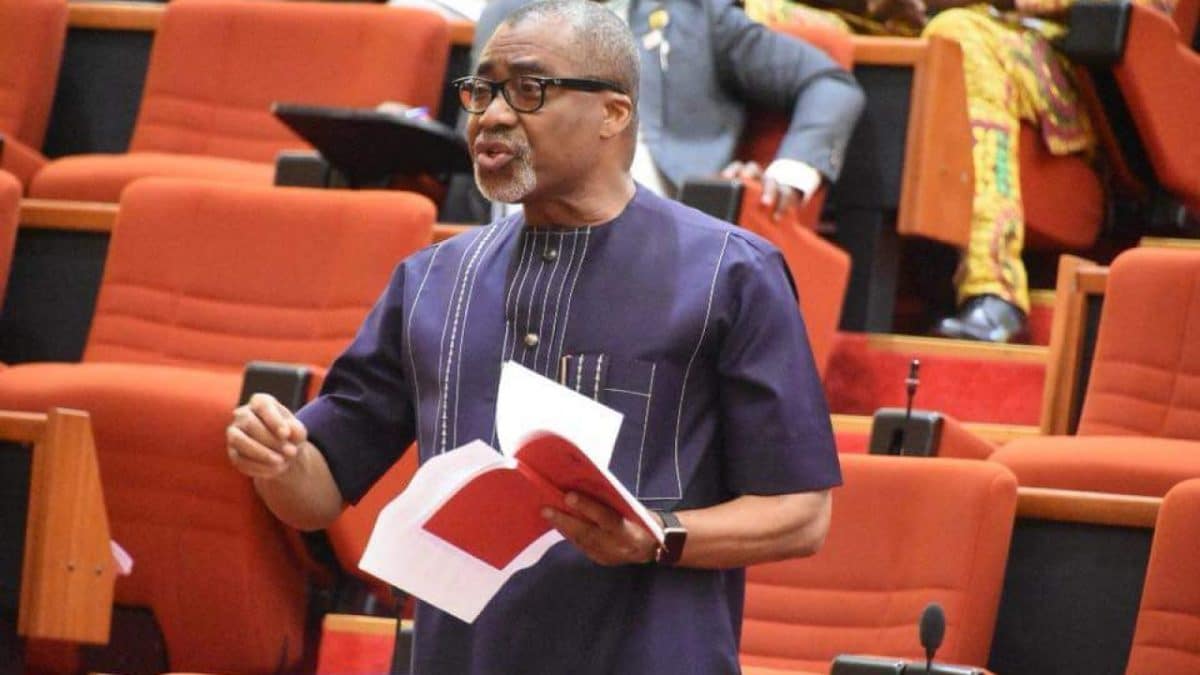Director General of the Debt Management Office (DMO), Ms Patience Oniha said yesterday that the nation’s debt profile will continue to rise as long as long as the nation is not able to generate enough revenue to fund the annual budget.
How Nigeria can address debt: She explained that one of the ways to address the increasing debt profile is for the National Assembly to query the various expenditure lines, saying “if the deficit is lower, the borrowing will be lower.”
According to her, the country has been running a deficit budget for decades which has led to increased borrowing to fund the budget, adding that World Bank survey put the country in the 195th position out of 197 countries in terms of debt-to-GDP growth.
She said: “As at December 2020, the debt stock of Nigeria which includes the Federal Government’s, state governments and the Federal Capital Territory was N32.92 trillion. By December 2021, it was ₦39.556 trillion, as at March of this year, it was N41.6 trillion.
“On the average, Federal Government’s debt stood at about 85 per cent of the total, technically, the bulk of our debt is owed by the Federal Government.”
Oniha said “the debt has grown and that has come from the annual budget. There are three levels where those borrowings have increased. We have been running deficit budget for many, many years, so each time you approve a budget with a deficit, you approve it giving us a mandate, an authority to borrow and it will reflect in the debt stock, so debt stock will increase.
“Also remember that states are also borrowing, so we add their own. They also have laws governing their borrowings. The second leg to that really is that as debt stock inc reases, debt service will also increase. So the clear message is for us to go through the budget because we have been having deficit budget for many years and have been borrowing significantly,” she stated.
“From the COVID-19 period in 2020, the level of borrowing had increased significantly as you know. Those budgets passed through this House. The issue is how do we reduce that debt. One of it is revenues which we have talked about. So if revenue is high, your deficit will be lower and new borrowing will be lower and then your new borrowing will be less and your debt stock will be lower and debt service to revenue will not be so high.
“So the challenge is, we have been borrowing because of shortfalls. The other thing to do is to look at our expenditure profile. What can we do to reduce it because you are asking me what is the remedy? It is coming from the budget.
“There is revenue, there is expenditure listed in various categories, personnel, overhead and capital. So those are what resulted in the deficit we borrow for. It is those things that should be interrogated in addition to increasing revenue significantly,” she said.
What Nigeria owes as at March 2022: Ms. Oniha, who spoke at an interactive session with the House of Representatives Committee on Finance on the Medium Term Expenditure Framework and Fiscal Strategy Paper, puts the nation debt stock at the end of March 2022 at ₦41.6 trillion.
She said the Federal Government was owing about 85% of the debt, while the balance of 15% was owed by the various state governments who also have their own laws on borrowing.





2 Comments